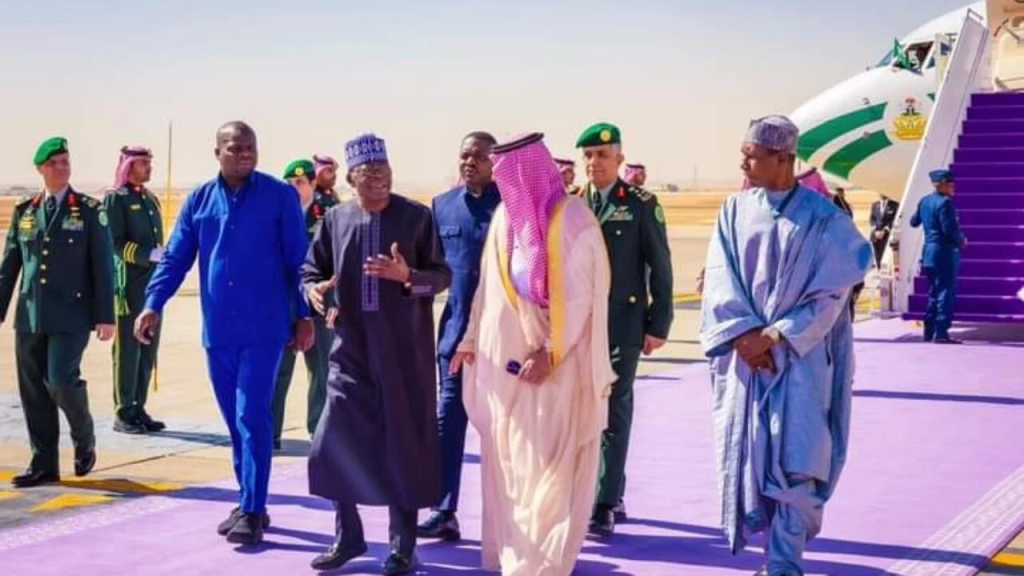Nigeria’s Minister of Finance and Coordinating Minister of the Economy, Wale Edun, has announced tangible benefits from the nation’s recent economic diplomacy with Saudi Arabia, including increased investments, foreign currency inflows, and employment opportunities for Nigerians.
Following a high-level delegation to Saudi Arabia, led by Edun to build on President Bola Tinubu’s earlier discussions with Saudi Crown Prince Mohammed bin Salman, the minister declared:
“What we have brought back is investment. What we have brought back is foreign exchange. What we have brought back are jobs for Nigerians.”
Edun highlighted the Saudi Agricultural Livestock Investment Company’s (SALIC) $1.2 billion investment in Olam Agri Holdings, citing it as proof of confidence in Tinubu’s reforms and the stabilisation of Nigeria’s macroeconomic environment. He described the deal as a key step in the administration’s strategy to attract foreign direct investment and boost trade partnerships.
“This type of transaction reflects the success of Mr. President’s strategy. It demonstrates the confidence global investors have in the steps being taken to attract and encourage such investments,” Edun stated.

He emphasised the direct job opportunities created by Saudi investments, clarifying that Saudi Arabia does not export its labour force to host countries.
“Where they invest, that is jobs for Nigerians,” he affirmed.
The government is also focusing on curbing inflation, especially food prices, through initiatives like dry-season farming. Edun assured that measures are being taken to reduce living costs and improve food affordability for Nigerians.
The visit to Saudi Arabia is part of Tinubu’s broader economic diplomacy, which has included engagements in global capitals such as China, India, France, and Germany. These efforts are expected to strengthen Nigeria’s economic ties and unlock further growth opportunities.
Meanwhile, the Nigerian Economic Summit Group (NESG) has set an ambitious target for the country to achieve a $4 trillion nominal GDP by 2035. In its latest report, the NESG emphasised the need for substantial investments totalling $8.82 trillion over the next decade, with 81% expected to come from private sector contributions.
The NESG stressed that achieving double-digit annual GDP growth, diversifying exports, and leveraging digital innovation are critical to meeting this target. It also called for strategic policy alignment with national and continental agendas, including the African Union’s Agenda 2063 and the African Continental Free Trade Area (AfCFTA).
Although the task is immense, the NESG expressed optimism, stating that Nigeria’s resource endowment and the right policy mix could transform the nation into a global economic powerhouse.


